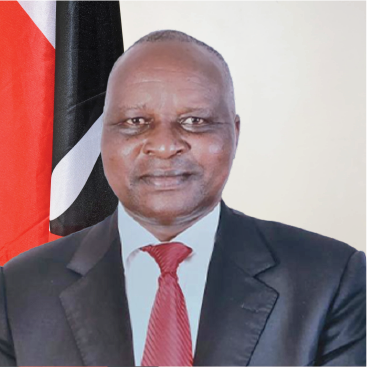For compliance purposes, inspections of police premises are conducted under Section 6(e) of IPOA Act, and in respect of all legal policing documents, and especially Rule 5 of the Fifth Schedule to the National Police Service Act, 2011 which requires a lock up facility to have:
- Ensure that appropriate terms of reference are clearly defined and an investigation plan is established.
- Ensure the investigation is conducted in a professional and ethical manner and risk management strategies are adopted.
- Constantly review investigations to ensure they remain focused.
- Ensure appropriate confidentiality and security is maintained with respect to the investigation and information.
- Reach evidence-based conclusions as soon as practicable.
- Report on the investigation findings, conclusions and recommendations.
- Remain independent and objective at all times throughout the investigative process.























